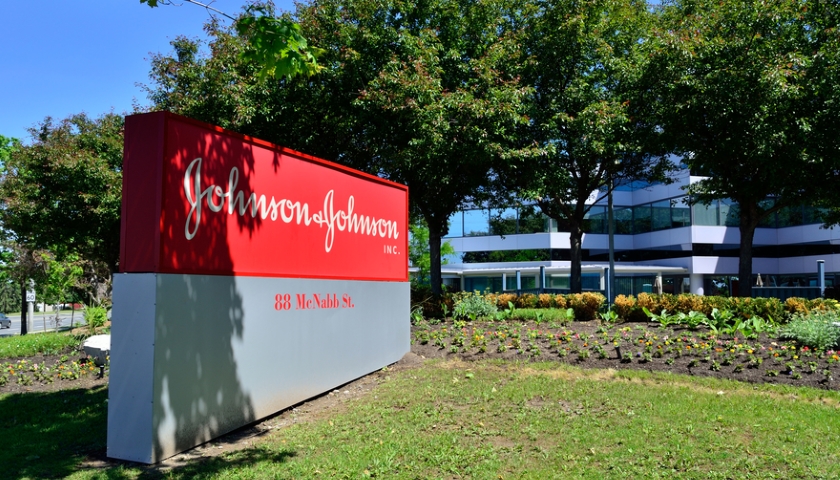Washington State is latest to sue Janssen over opioid marketing

Washington State has become the latest to sue Johnson & Johnson over the way it marketed opioid painkillers, according to press reports.
J&J supplies raw materials used to make opiates, and the state argues that the company used deceptive marketing to say the drugs were effective for treating pain and were unlikely to cause addiction.
This is the latest in a string of lawsuits to hit J&J, some related to its role in the opioid crisis, with others related to whether its signature talc baby powder contains carcinogenic asbestos.
There is also a high-profile lawsuit over its marketing of the mental health drug Risperdal – in October a US court ruled that J&J should pay $8 billion in damages to a man because it failed to inform him about the side-effects of the drug before he went on to grow breasts.
J&J has challenged the ruling and insisted that its legal team will overcome the ongoing legal issues in its third quarter financial results conference as the lawsuits mounted up in October.
The latest lawsuit seeks civil penalties and damages and was filed in King County Superior Court, and alleges the company violated the state’s Consumer Protection Act, was negligent and a public nuisance.
Washington is also asking the company to forfeit profits made in the state as a result of its behaviour.
This figure could amount to millions of dollars, the state’s attorney general Bob Ferguson said at a news conference, where he said that the “human toll” of J&J’s actions was “staggering”.
J&J’s pharmaceutical unit Janssen, which is named in the lawsuit, said its opioid marketing was “appropriate and responsible”.
“Janssen provided our prescription pain medicines for doctors treating patients suffering from severe pain and worked with regulators to ensure safe use – everything you’d expect a responsible company to do,″ Janssen said in a statement.
But Ferguson argued that prescriptions and sales of opioids in Washington increased more than 500% between 1997 and 2011.
At peak sales in 2011, more than 112 million daily doses of all prescription doses of opioids were dispensed, he said.
A judge in Oklahoma in November finalised an order directing J&J to pay $465 million to address the opioid crisis in that state.
In December a jury in Missouri ruled J&J was not responsible for a woman’s cancer that she blamed on asbestos-tainted talc.
That ruling that came after the company rejected findings of FDA tests showing trace amounts of the contaminant, which prompted the company to pull certain packs from shelves in October.












